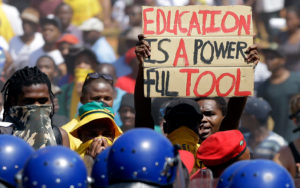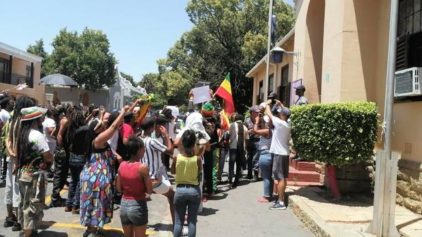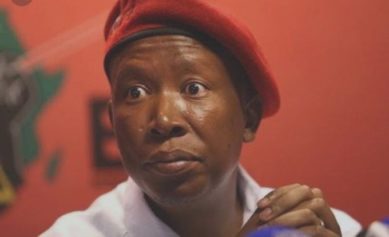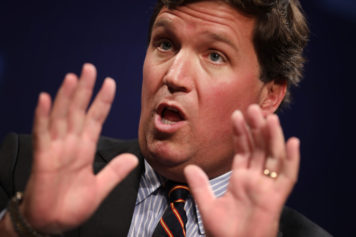The recent wave of student protests have forced the South African government to halt an increase of university tuition fees.
On Friday, South African President Jacob Zuma announced through a televised statement, a zero increase of university fees in 2016, as thousands of protesters gathered in front of the Union building in the capital Pretoria.
“Government understands the difficulty faced by students from poor households, and urges all affected to allow the process to unfold to find long-term solutions in order to ensure access to education,” Zuma said.
Some of the more than 12,000 students who gathered to hear the Presidential address welcomed the announcement, but others still said the measure did not go far enough.
“The no fee increment is not enough, someone who could not afford fees this year will not afford them next year. The presidency only attended to one demand of the memorandum that was handed to him,” said Wits University student Thabiso Bhengu.
Many other students took to twitter to express their discontent:
Yall don’t see the bigger picture, Current Fees are too high, poor Black people still can’t afford university, NSFAS is a trap #FeesMustFall
— Kagiso (@Kgee_1) October 23, 2015
If you could not afford university fees in 2015 you still won’t afford them in 2016 #FreeEducationForAll
— Zolani Khethokuhle (@TheReal_Zolani) October 23, 2015
Despite a 0% increase – PHASE 2 is now to get fees decreased. Fees remain the same amount. This is nothing to celebrated. #FeesHaveFallen
— UWC Student (@UWCStudents) October 23, 2015
Tuition fees vary across universities, but can run as high as 60,000 rand ($4,500) per year for medical students in a country where white South Africans earn six times more than Black South Africans nearly two decades after the end of apartheid.
What initially began as a protest to a 10.5% tuition increase at Wits University, quickly spread to 15 of the 20 South African universities, and developed demands to end the exclusion of poor Black South Africans from receiving higher education.
In South Africa, 79% of the population is Black, while 9% is white. In 2008, 31,527 white South Africans were awarded degrees, while only 36,970 Blacks South Africans graduated with degrees.
To combat the disparities, a coalition of various universities calling itself the National Shutdown Collective issued this memorandum on Wednesday:
The #NationalShutDown Collective memo w/ demands to be met by Minister Nzimande by tomorrow. We won’t be distracted. pic.twitter.com/dn51gU3blK
— BSM (@SABlackStudents) October 22, 2015
Zuma had been scheduled to address the students directly, but security deemed it unsafe and police fired rubber bullets to drive protesters away from the grounds around the president’s office.
RT @lenyarosello: WATCH: Rubber bullets fly at #UnionBuidings #FeesHaveFallen pic.twitter.com/BVAgcsWbba
— eNCA (@eNCA) October 23, 2015
Some injured people being assisted by paramedics #FeesMustFall #UnionBuidings @eNCA pic.twitter.com/NGlXPysKMQ
— Lenyaro Sello (@lenyarosello) October 23, 2015
Students vowed to continue the protest movement to provide equal access to education.
The world over knows that this is a student led movement. No cheap politics will find expression. Free Quality Education. No compromise.
— Vuyani Pambo (@vuyanipambo) October 23, 2015



